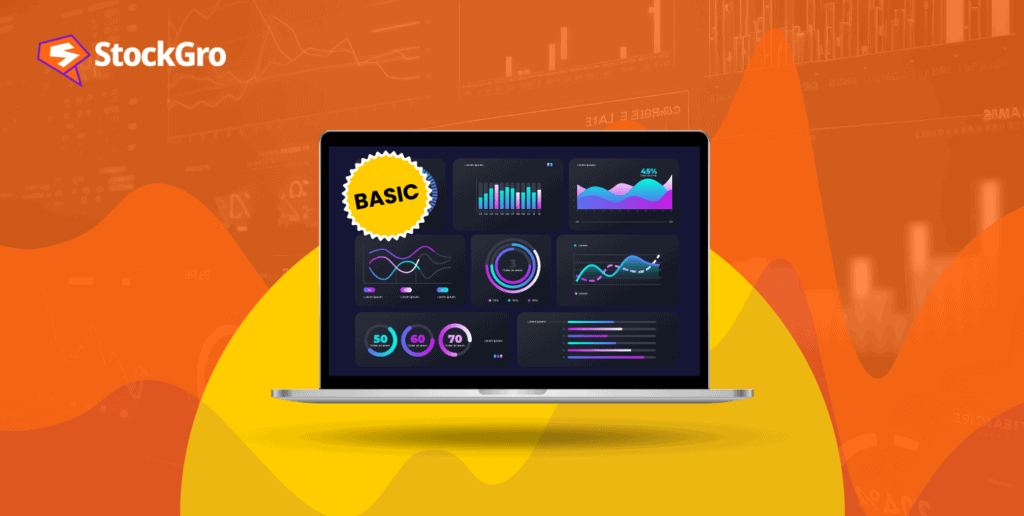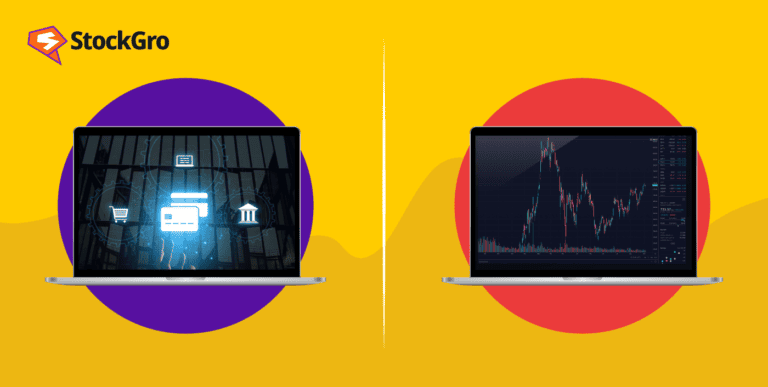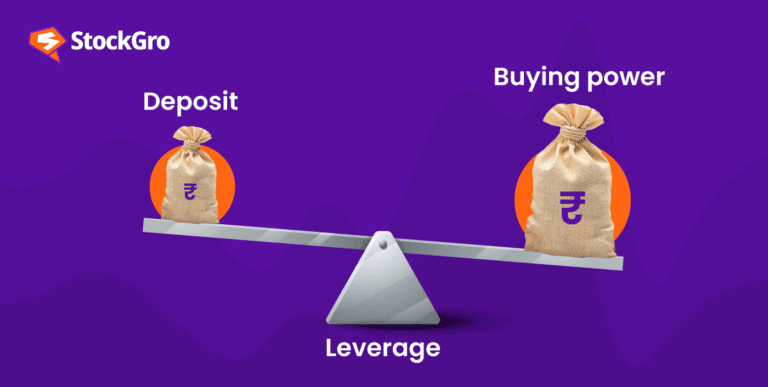
The stock market is a place where exercising caution is the most important thing. And we understand that there are different types of charges that exist that many small-time investors are not even aware of. To protect the interests of these small-time investors SEBI introduced the BSDA(Basic Services Demat Account).
In this blog, we will deep dive into the features, eligibility and benefits of a BSDA account to better understand the concept of the same.
Also read: What is demat account: All you need to know?
What is a BSDA account?
The BSDA (Basic Services Demat Account) was brought about by SEBI on October 1, 2012. Its primary aim was to provide limited services to promote greater financial inclusion, encourage the ownership of demat accounts, and reduce the expenses associated with maintaining securities in demat accounts for retail individual investors.
Eligibility to hold a BSDA account
The eligibility criteria to hold a BSDA account are:
- Any individual has only a single demat account where they are the primary holder.
- Each individual is permitted to possess only one BSDA across all depositories.
- The total value of securities held in the demat account must not exceed Rs. 2 lakhs. DP(Depository Participants) are required to reevaluate the eligibility of Beneficial Owners (BOs) at the end of each billing cycle and offer the option to those who qualify to opt for a BSDA.
BSDA scheme charges
There are two types of BSDA scheme charges:
Fee structure
The AMC charges are as per below:
- There will be no Annual Maintenance Charges (AMC) if the total value of holdings in the account is up to Rs. 50,000.
- If the total value of holdings falls between Rs. 50,001 and Rs. 200,000, the AMC will not exceed Rs. 100.
Charges for statements of transactions
Electronic statements will be provided without any charges. When it comes to a physical statement, the DP is obligated to furnish at least two statements at no cost during the billing cycle. Any additional physical statement may incur a fee, which will not exceed Rs. 25 per statement.
If the BSDA exceeds the daily closing price or NAV of the securities on any given date, the DP can levy charges as applicable to regular accounts from that date.
Also read: What are inflation-indexed bonds, and why should you care?
Benefits of holding a BSDA account
A BSDA provides numerous advantages to individuals, many of which revolve around avoiding fees associated with traditional demat accounts.
Traditional demat accounts come with various charges, including AMC fees for physical statements, and penalties for rejected DIS or DRF requests. One significant benefit of a BSDA is the avoidance of annual maintenance charges, which are assessed based on the value of holdings within different slabs.
It is particularly advantageous for individuals who intend to start investing with a small amount of capital, as the accumulation of maintenance and other fees associated with maintaining a traditional demat account could erode their short-term earnings.
If you opt for a BSDA account and currently hold stocks valued at less than Rs. 2 Lakhs, you have to maintain this value consistently to continue enjoying the benefits of lower BSDA charges.
For example, if you initially invest Rs. 1.8 Lakhs in stocks and your investments yield a profit of Rs. 1,00,000 due to a rise in stock values. Your BSDA account’s total value will increase to Rs. 2.8 Lakhs. It means your holdings have surpassed the Rs. 2 Lakhs limit, and you might lose the BSDA account benefits. It is important to note that a single individual can hold a BSDA account. Joint holders are not permitted.
Also read: SEBI’s quasi-powers: Keeping India’s securities market ethical
Differences between a BSDA and a regular demat account
Let us understand the basic differences between a BSDA and a regular account:
| Basis | BSDA | Regular Account |
| Holdings | If you have no Annual Maintenance Charges (AMC), your maximum holding limit is set at Rs 50,000. However, if your holding limit surpasses Rs 200,000, AMC fees of Rs. 100 will be applicable. | No limit on the value of holdings in the account. |
| Number of BSDA accounts | Only one BSDA demat account is allowed per person across brokers. | One can hold multiple demat accounts with various stock brokers. |
| Type of investor | It was specifically brought about for small investors | It can be used for all the investors |
If an investor wishes to convert his regular account to a BSDA account, brokers and banks provide the BSDA form through which they can do the same.
Conclusion
A common question people have is whether they can convert their traditional demat accounts into BSDA accounts. In simple terms, if your demat account is registered solely in your name and the value you consistently maintain in your basic demat account remains below 2 lakhs, it will automatically convert into a BSDA account.
For those who are just starting in the investment market and don’t plan to invest large sums of money, a basic service demat account can be a suitable choice.

